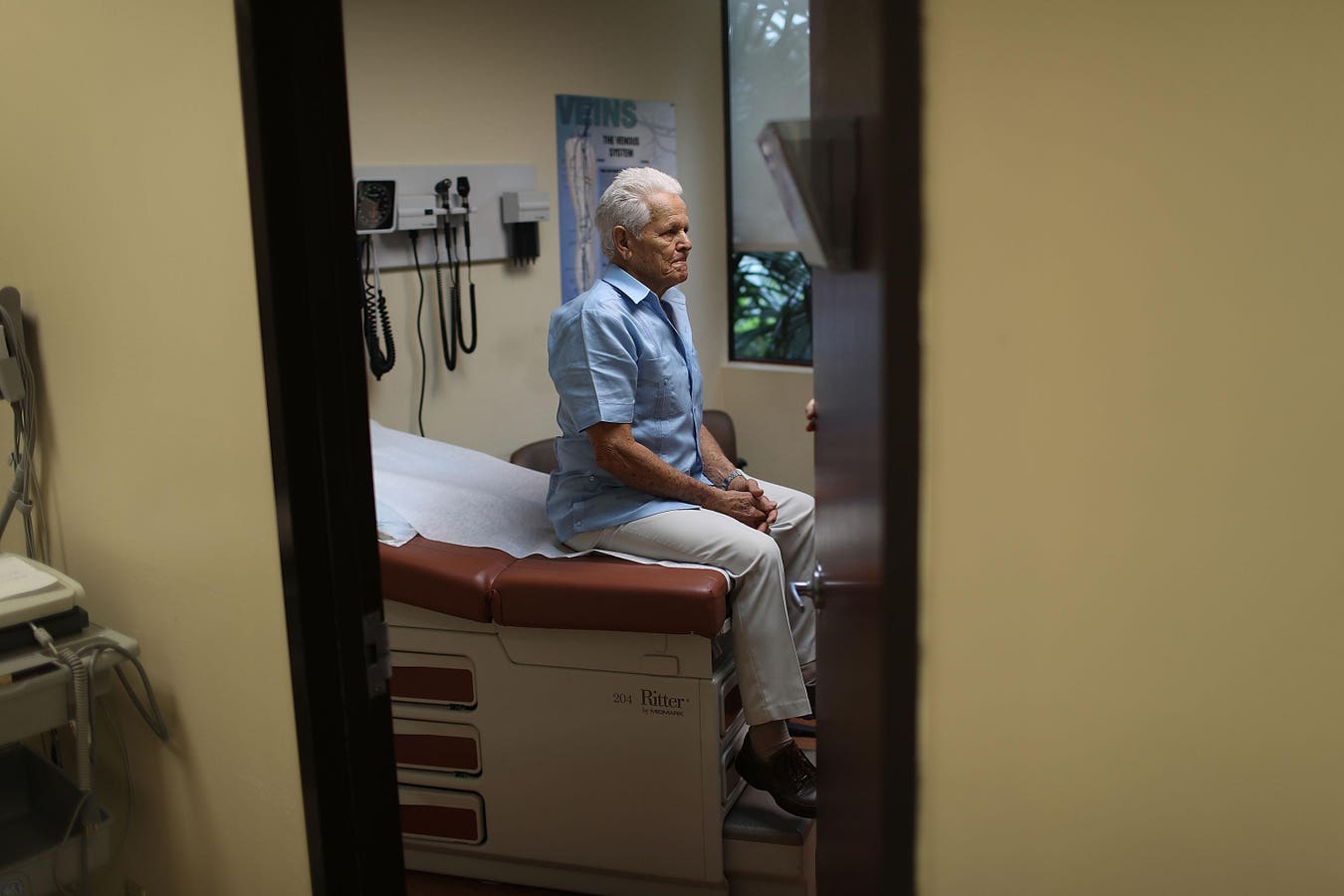- Joined
- Jan 12, 2012
- Messages
- 211
- Reaction score
- 67
Hello, hoping to get some tips on clinic efficiency.
A little about my set up. I am a new grad and am working at a hospital. They have hired a new MA to help with rooming and I can direct them to help however I feel fit. They start in a few weeks (floats until then) I have a very brief handout that all patients fill out which includes pertinent ROS, a decent portion of HPI, and relevant procedural and medical history. I currently see patients in 30/60 min for follow up and new. Now that I am used to the EMR and clinic I can see new patients in 40 min. I feel like I will struggle to see follow ups in less then 20 min.
I currently see the patient, exam, discuss plan, then I run to my office (very close) and dictate after visit summary (required) and enter any orders. I then usually quickly finish my note and move on to the next patient. Should I not be finishing my notes between patients? If so what part of the note do you ususally finish later?
How are you using your MA's to make you more efficient? Those that are seeing patients in 15/30 how are you doing that? Any tips or things that have worked for you are appreciated.
A little about my set up. I am a new grad and am working at a hospital. They have hired a new MA to help with rooming and I can direct them to help however I feel fit. They start in a few weeks (floats until then) I have a very brief handout that all patients fill out which includes pertinent ROS, a decent portion of HPI, and relevant procedural and medical history. I currently see patients in 30/60 min for follow up and new. Now that I am used to the EMR and clinic I can see new patients in 40 min. I feel like I will struggle to see follow ups in less then 20 min.
I currently see the patient, exam, discuss plan, then I run to my office (very close) and dictate after visit summary (required) and enter any orders. I then usually quickly finish my note and move on to the next patient. Should I not be finishing my notes between patients? If so what part of the note do you ususally finish later?
How are you using your MA's to make you more efficient? Those that are seeing patients in 15/30 how are you doing that? Any tips or things that have worked for you are appreciated.


